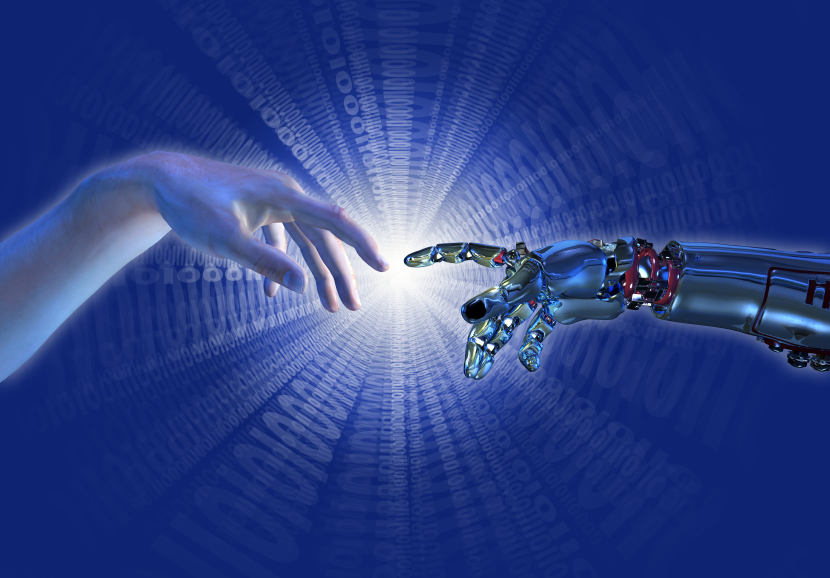In France, at the request of Semaines sociales de France, France Télévision and La Croix, Crédoc (Research Centre for Studying and Observing living conditions) carried out a survey on transhumanism in order to establish how the French people felt about this intellectual movement, which seeks to “go beyond the ‘poor’ human condition by attempting to abolish suffering, disease, ageing and even death itself, and therefore strive for immortality“, explained Marie-Jo Thiel1 in an interview with the French daily newspaper, La Croix. This is, in any case, the aim “clearly portrayed by Google’s senior managers” (Gènéthique press review on June 13th, 2014), added the doctor. “In actual fact, transhumanism aims to conceal the vulnerability and natural fragility of mankind”. And the outcome is as follows: “by making man into a robot, [transhumanism] is creating a ‘being’ devoid of part of what made us human in the first place: the ability to have feelings and experience emotion“.
But what do the French people think about this? In essence, the desire “to radically overcome our own biological limitations” is not a new aspiration. “However, converging scientific advances in the fields of nanotechnology, biotechnology, information technology and cognitive science (NBIC) has given us fresh impetus” explained the daily paper.
According to the Crédoc survey:
- 62% of French people interviewed believe that “human limitations will be continuously pushed back”;
- 58% “think that medical progress should serve to improve the physical and mental capacities of those in good health and should not be restricted to treating the sick“;
- almost one out of every two people think that medicine should help to “push back the limitations of death”; and
- “38% believe that this progress should combat the signs of ageing“.
Nevertheless, caution must be exercised when these advances target the brain, connected objects or the use of personal data.
Example of a connected object: Watson, created by IBM – an “artificial intelligence system capable of analysing all of the patients’ medical information and cross-examining it with millions of other records to highlight a diagnosis and prescribe optimum treatment“. According to the Crédoc enquiry, this type of project was met with a significant rejection: 76% of persons interviewed said they were not ready “to have a microscopic sensor implanted under their skin to permanently monitor their state of health and transmit information in real time to a medical centre in order to receive better treatment if they fell ill”.
According to Marie-Jo Thiel, we are fluctuating between infatuation and fear “in a world becoming increasingly permanent, and we need to reflect ethically and philosophically, more so than ever before, on the kind of humanity we want“.
1. Marie-Jo Thiel is a Doctor and Professor of Ethics at Strasbourg University.
Gènéthique note:
Read the Gènéthique articles on the subject of transhumanism on the page dedicated to this topic.
La Croix (Emmanuelle Réju – Denis Sergent – Stéphane Dreyfus) 14/10/2014 – Gènéthique

